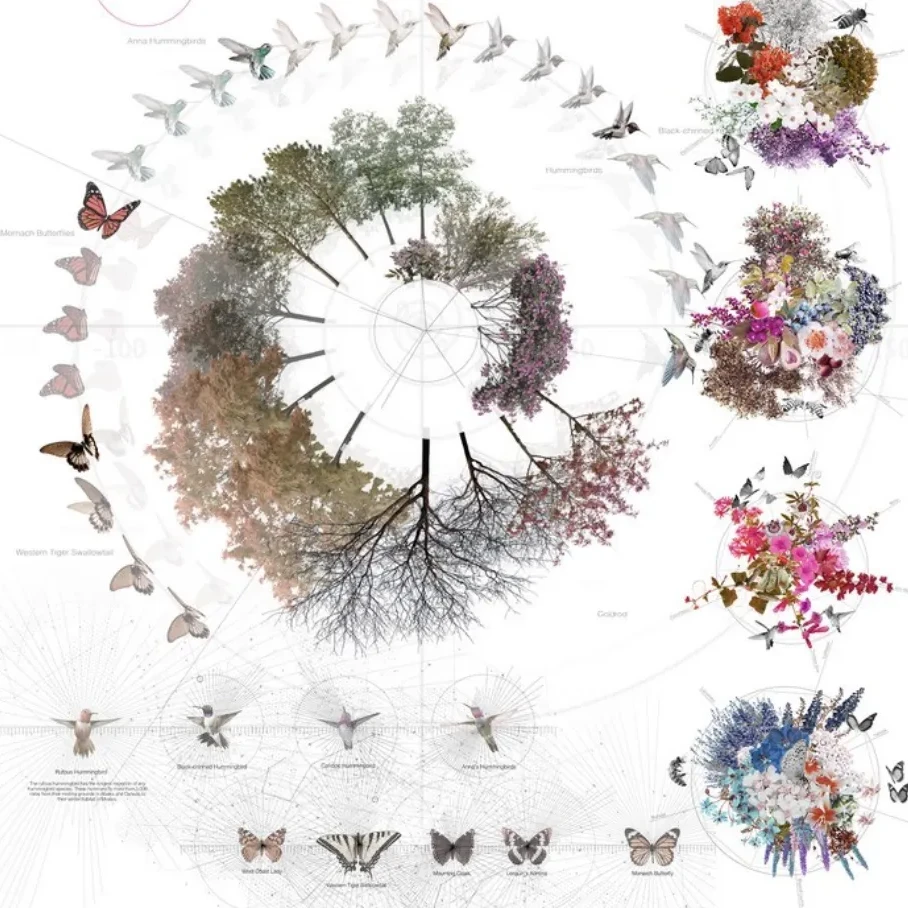“We have two ears and one mouth, so we should listen more than we say.”
— Zeno of Citium
The other day I was reminded of the group working agreement “W.A.I.T.” (which stands for, “Why am I talking?”) as a guideline for people to be mindful of sharing air time in discussions. Since then I have been taking fresh note of my own inclinations and motives to not only talk in discussions, but also to share on social media. And as I have done this, I have also been more curious about what motivates others to share, verbally, in written and other forms. What are they thinking? Are they thinking about other people? If so, who? Have they thought through possible impacts? What do they care about?

I am a big fan of and subscriber to The Christian Science Monitor, which publishes a weekly digest of updates and perspectives on things happening around the globe, including (perhaps radical for these times) “bright spots” and “points of progress.” The editors and writers of Monitor articles also have a wonderful practice of publishing a little blurb for each offering under the heading “Why we wrote this.” How refreshing! What if all “news outlets” were to do this, or at least pause and ask this before writing and publishing/speaking?
And what if we were to do this in our different networks and communities? Might this help to break some of the spirals of othering and outrage (not to mention challenge the algorithms behind our growing social dilemma)? And shy of this, might the practice of W.A.I.T.ing or mindful and intentional sharing (viewed perhaps more generatively as “nourishing”) help people deliver on the promise of “network effects” to take communities and societies in a more prosocial direction?
I am currently working with two organizations over the course of 2021 to help staff and partners develop more networked ways of thinking and acting/being. Recently we had a discussion about how to keep the staff more up to date with respect to one another’s network weaving activities (connections made, crucial take-aways, immediate next steps) and also share other interesting content and connections. Trying to strike the right balance between radio silence and deluge, we started exploring how implementing the W.A.I.T/S. (Why am I talking/sharing?) prime might help. Along the way, a couple of people said that W.A.I.T/S. might also stand for “Why aren’t I talking/sharing?” and encourage the otherwise less inclined (for various reasons) to reconsider. This is stimulating rich conversation about how to tend and modulate important flows in various systems (organizational, community, school, etc.) to support learning, resilience, alignment, equity, emergence, coordinated action …
All this to say, whatever our goal(s) may be, it could be important to … W.A.I.T for it. This is how less conscious and helpful sharing (and silence) might become a practice of care-full curation (making thoughtful offers to and requests – sharing and caring can also include asking questions! – of one’s communities).
originally published at Innovation Interaction for Social Change
featured image found here
Curtis Ogden is a Senior Associate at the Interaction Institute for Social Change (IISC). Much of his work entails consulting with multi-stakeholder networks to strengthen and transform food, education, public health, and economic systems at local, state, regional, and national levels. He has worked with networks to launch and evolve through various stages of development.
PLEASE DONATE to help Network Weaver continue in it’s mission to offer free support and resources to networks worldwide.
Related Posts
October 20, 2025
Signals from the Web
September 9, 2025




